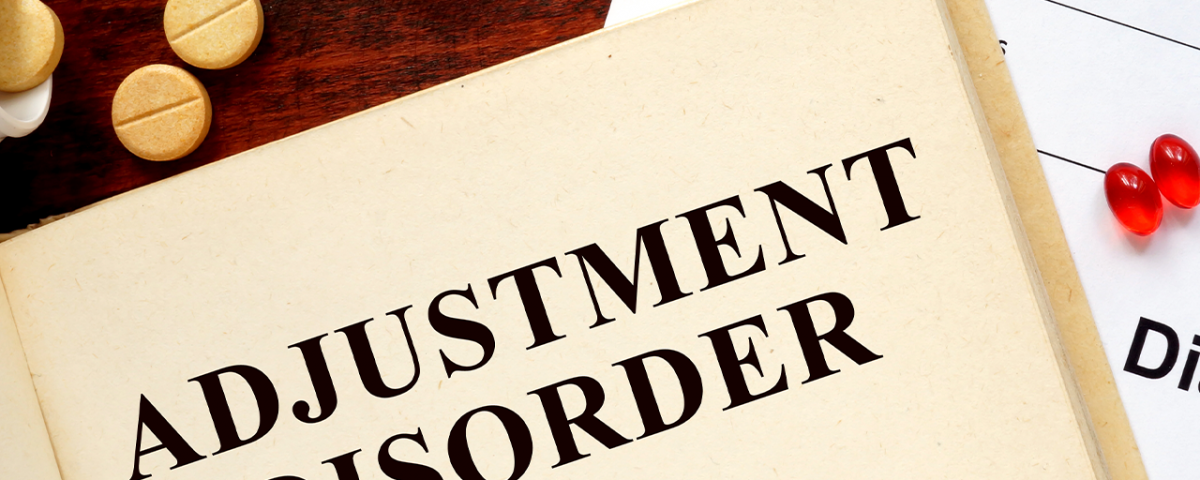Adjustment disorder is a stress-related mental illness that is triggered by events and situations that cause sustained distress or trauma. Adjustment disorder can contribute to other mental health disorders, such as depression and anxiety, changes in behavior, and difficulty functioning in everyday life. While it is common among children, adjustment disorder in adults is also possible. If you know someone with this condition, there are plenty of ways you can support them. Keep reading for some tips on how to help someone with an adjustment disorder.
Adjustment Disorder ICD 10 and Diagnosis
Someone with an adjustment disorder has experienced something incredibly stressful and even traumatic. This mental illness is brought on by highly stressful and tricky situations, such as the loss of a loved one. Not everyone who experiences inconvenient situations will develop this condition, however, and what triggers the disorder may vary.
Common adjustment disorder causes include:
- Break up or divorce
- Unemployment
- Financial hardships
- Living with a chronic or terminal illness
- Losing a loved one
- Being assaulted or victimized
- Surviving an accident or natural disaster
People with adjustment disorder also experience multiple sources of stress, which can lead to unhealthy coping mechanisms. Symptoms of adjustment disorder include:
- A sense of being overwhelmed or buried by stress
- Anxiety, nervousness, and excessive worrying
- Avoiding responsibilities
- Depression, sadness, and hopelessness
- Frequent crying
- Inability to focus on tasks
- Lack of appetite and weight loss
- Social withdrawal
- Suicidal thoughts
- Unusual changes in behavior
Major changes in behavior are especially common among people with adjustment disorder, as the condition causes the person to react to a situation in a way that is disproportionate to the situation. As a result, they struggle to cope well and are unable to function normally, causing them to experience challenges at work, school, or home.
Supporting Someone With Adjustment Disorder
Adjustment disorder is usually temporary but can be debilitating and difficult to cope with, nonetheless. Someone you care about with this disorder may be feeling overwhelmed, hopeless, and depressed. Fortunately, our family program has shown us that the support of a loved one is invaluable when recovering from mental illness. Below are some tips on how to help someone with an adjustment disorder get back on their feet.
If Possible, Reduce Stress in Their Daily Routines
Like other trauma-related disorders, stress is extremely triggering. Considering that even people without mental health disorders can experience burnout from stress, it is important to help find ways you can reduce stress in the person’s life. While getting rid of all stressful situations is not possible, doing things like doing their laundry, washing the dishes, or even cooking dinner for them can make a world of a difference.
Encourage and Engage in Health Lifestyle Changes With Them
There are plenty of simple things we can add to our routines to help us cope better with stress. However, advising someone to make changes is not usually as effective as doing it along with them. Some things you and your loved one can do together to improve adjustment disorder symptoms include:
- Cook healthy meals
- Take walks together several times a week
- Practice mindfulness techniques like breathing exercises and meditation to relax
- Avoid substance use
- Get enough sleep every day
- Journal your feelings and thoughts
Any kind of positive activity that can be done to reduce stress can benefit both the person and you.
Advise Them to Get Help if Symptoms Don’t Improve
While making some healthy lifestyle changes can make a significant difference in one’s mental health, it is not a solution. Sometimes, these measures are not enough, and if the individual does not seem to be improving, it might be time for professional care.
Our Boca behavioral health center offers PTSD treatment, among other therapy modalities, to help people struggling with trauma-related disorders – such as adjustment disorder – regain control of their lives. We can help you understand your condition and develop healthy coping mechanisms so you can enjoy life to the fullest.
Take Care of Yourself, Too
While it is honorable and amazing to be there for someone going through hardships, do not neglect your own mental health in the process. If you are struggling with your mental illness because of a loved one’s hardships and need support, our Boca Raton rehab is here for you, too. We offer individual and group counseling for spouses and family members to help them through the recovery process.
Adjustment Disorder Treatment
Adjustment disorder can be difficult to manage, but you do not have to do it alone. Call Banyan Treatment Centers today at 888-280-4763 to learn how our Florida mental health rehab programs can help.
Related Reading:









